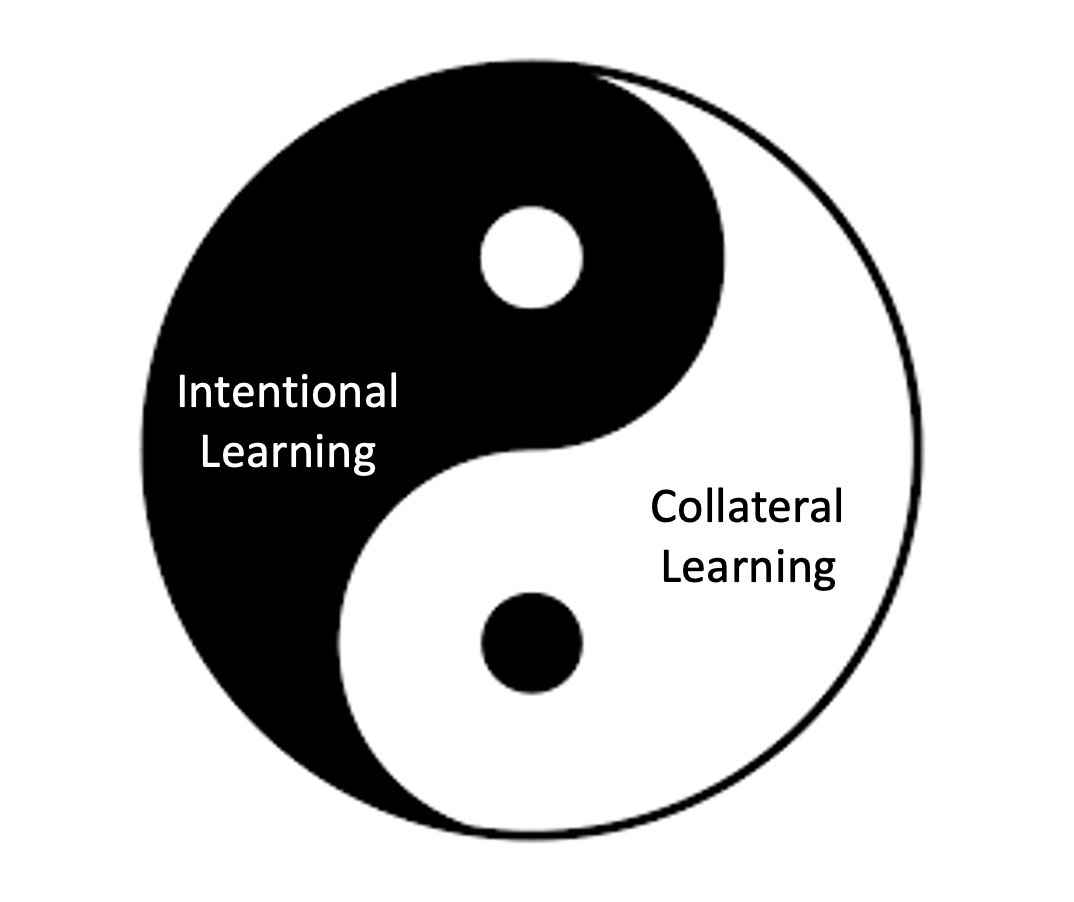Why Peer Advisory Groups Are the Best Way to Learn and Grow

In late 2012, I directed a brand refresh for Vistage Worldwide, where I led corporate and brand communication (2010-2016). Vistage assembles and facilitates Peer Advisory Groups for CEOs and business leaders in 20 countries. In conducting my research, I talked to countless CEOs and business leaders. I would ask them, “How do you learn, grow, and bring new thinking into your organizations. They would respond by saying, “I read books, hire coaches and consultants, and go to events and conferences. A rare few, relatively speaking, attend executive development programs at the likes of Harvard and Stanford.” No one I can recall responded by stating, “peer advisory groups,” unless prompted with a list of options. Without suggesting it directly, joining a group wasn’t even part of their consideration set.
After I completed the brand refresh, I met with the Board of Directors and shared that experience. I suggested that Vistage (and everyone else in this space) is trying to sell a Mercedes to someone who doesn’t even know what a car is. For me, it precipitated coauthoring the book, The Power of Peers: How the Company You Keep Drives Leadership, Growth & Success with former Vistage CEO Leon Shapiro. Rather than write a hardcover brochure titled The Vistage Way, we conducted more than 100 interviews with CEOs and business leaders who were members of all kinds of peer groups, including homegrown ones. We planned to provide specific findings that would offer a new narrative about how and why these groups are so incredibly effective.
Our Big Miss
To this day, I remain proud of the work. We coined the phrase “peer advantage,” developed The Learning Achieving Cycle, and identified 5 Factors that are common to high-performing groups, among other findings. While I believe we offered a compelling case, we made only a passing reference at the end of Chapter 3 to what I would suggest today is the most significant difference between peer advisory groups and every other option – the benefit of collateral learning. Peer advisory groups don’t stand out above the rest only because of what you learn in real-time that’s relevant to your leadership abilities and business acumen; it’s about the way you learn. That is what lays the foundation for enduring change.
Renowned education scholar John Dewey, who conceptualized collateral learning, believed that human beings learn best through a hands-on approach, where you not only absorb the topics or content taught intentionally, but you learn from how you learn. Talk to any experienced peer advisory group member. They will tell you that they learn all kinds of lessons about finance, human resources, organizational culture, sales, etc. (intentional learning). They will also tell you that, after being a member for a while, they listen more intently, ask better questions, are less judgmental of others, and communicate with greater transparency to their teams (collateral learning). These takeaways are lasting, pervasive, and contagious. This is the kind of learning you won’t get in a book, acquire from a coach, read in a consultant’s report, or glean from a conference keynote speaker.
The Peer Advisory Group 1-2 Punch (Intentional and Collateral Learning)
Lasting change on the things that matter takes time, practice, and the help of our peers. Albert Bandura and all the champions of social learning theory make a compelling case that we learn better when we learn together. This fact we know, and we talked about it quite a bit in the book. In 2019, Josh Bersin shared data from a study he conducted which stated that, on average, when review material a single time, we’ll remember about 28% of it for 24-48 hours. If we review it again, the number climbs to 46%. If we engage others in sharing concepts, ideas, and experiences on a given topic, our ability to remember the information jumps to 69%. As a result, members are more likely to bring this intentional learning back to their workplaces. They do so not only because learning with their peers provided them a more solid understanding of the material, but also because their peers gave them the courage and the encouragement to act on what they learned.
Just as impactful, Peer Advisory Groups provide the mechanism for leaders to hone their skills because of HOW they work together. The cultural priorities and norms that drive successful groups are not contained solely within the group. Instead, palpable leadership lessons are absorbed through the skin, the heart, and mind, and the group members tend to carry these lessons back to their organizations through personal modeling, barely realizing it’s even happening. Dewey would regard this accidental or collateral learning as even more important than whatever was learned intentionally.
Summary
In the next few months, I’ll deliver my peer advisory group self-assessment/aspirational workshop to my 200th group. I learn something new every time, and I expect I’ll learn more upon working with the next 200. I look forward to experiencing their intentional and collateral benefits. If you’re not part of a group now, explore your options, find the best one for you, and you’ll be in for the growth experience of your life.
Have you read?
Best Hospitality And Hotel Management Schools In The World For 2021.
Rankings. Best Countries. Best Books. Richest List.
Best Fashion Schools In The World For 2021.
Bring the best of the CEOWORLD magazine's global journalism to audiences in the United States and around the world. - Add CEOWORLD magazine to your Google News feed.
Follow CEOWORLD magazine headlines on: Google News, LinkedIn, Twitter, and Facebook.
Copyright 2025 The CEOWORLD magazine. All rights reserved. This material (and any extract from it) must not be copied, redistributed or placed on any website, without CEOWORLD magazine' prior written consent. For media queries, please contact: info@ceoworld.biz









